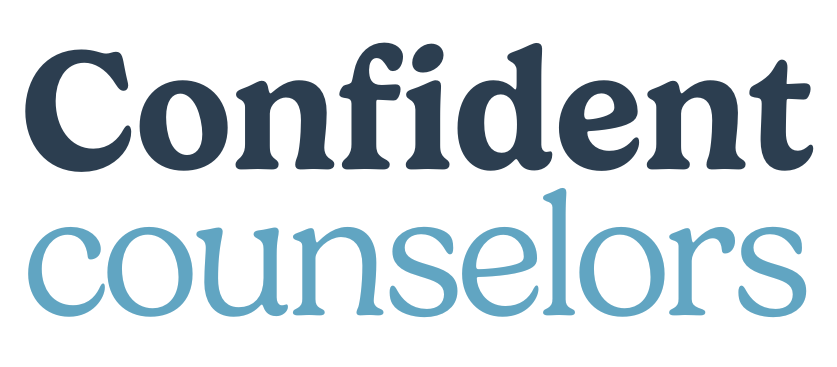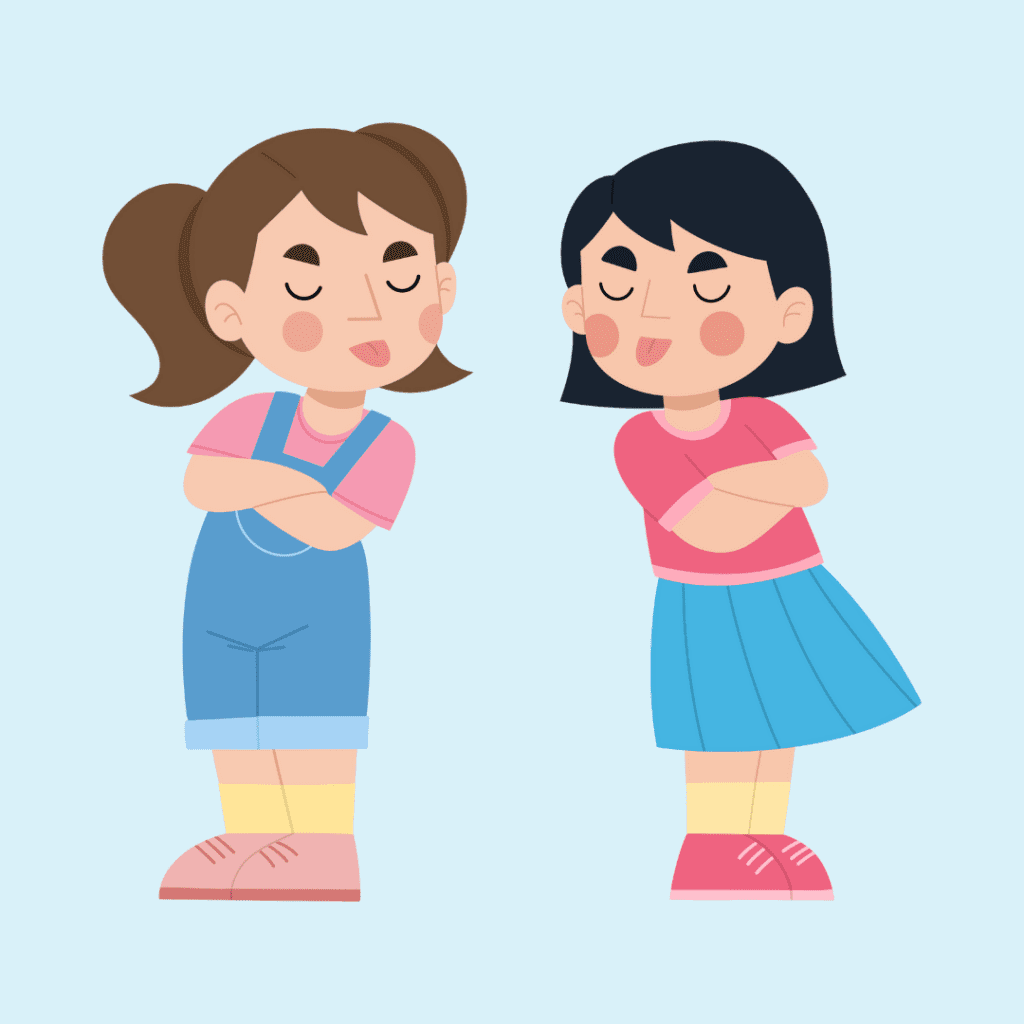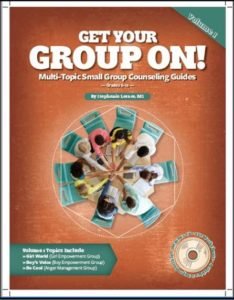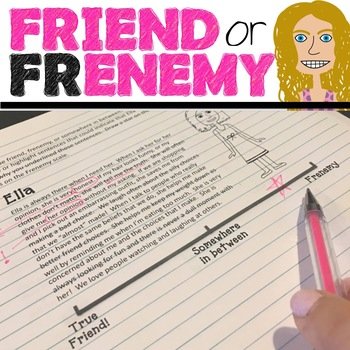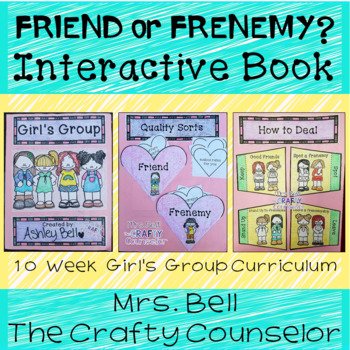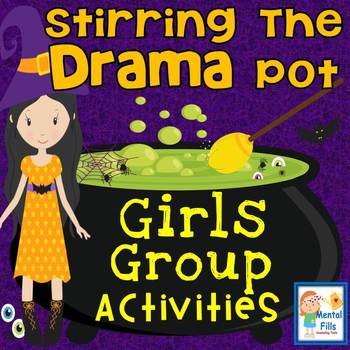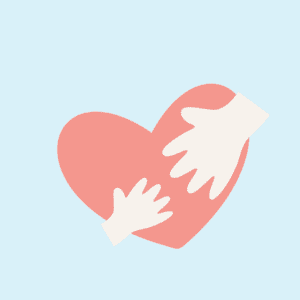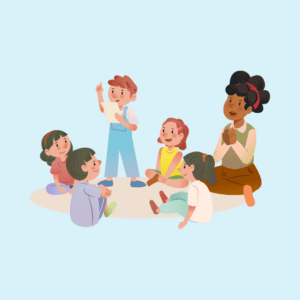Relational aggression can quickly take up a lot of a school counselor’s time and leave young girls frustrated and hurt. We’ve all had crying girls in our office trying to decipher the nuance of the slight that occurred. The silver lining is that it does provide us with regular opportunities to work on healthy relationships and communication skills. Regular practice has left some Confident Counselors with tips for how they manage the girl drama.
[su_divider top=”no” style=”double” divider_color=”#af1c1c” link_color=”#000000″] [su_divider top=”no” style=”dashed” divider_color=”#af1c1c” link_color=”#000000″][/su_divider]
Conflict Resolution Skills
 Girl Groups! Of course, there are many ways to deal with relational aggression (RA), but running girl empowerment counseling groups is my favorite! Since so many, but not all, incidents of RA come from girls, a 6-8 session group that teaches students the basics of conflict resolution, leadership skills, how to handle rumors, and managing friendships is a surefire way to prevent future incidents of RA.
Girl Groups! Of course, there are many ways to deal with relational aggression (RA), but running girl empowerment counseling groups is my favorite! Since so many, but not all, incidents of RA come from girls, a 6-8 session group that teaches students the basics of conflict resolution, leadership skills, how to handle rumors, and managing friendships is a surefire way to prevent future incidents of RA.
Another prevention technique is to address the 4 steps of conflict resolution: ignore, walk away, “I” message, tell an adult. At my school, in each guidance lesson, we do a role play to demo these steps. Then we give a brief commentary on how the 4 CR steps can help you avoid relational aggression.
A final important part of dealing with RA in schools is to have a protocol in place for students to report RA to campus admin so the perpetrators can be disciplined by admin…and then counseled by you!
[su_divider top=”no” style=”double” divider_color=”#af1c1c” link_color=”#000000″] [su_divider top=”no” style=”dashed” divider_color=”#af1c1c” link_color=”#000000″][/su_divider]
Self-Reflection
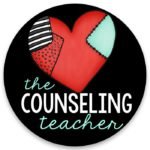 In addition to classroom lessons on conflict resolution, we usually end up needing to run small groups for girls on relational aggression. Our 6th-grade girls tend to have the most need for the groups while it gets progressively better each year.
In addition to classroom lessons on conflict resolution, we usually end up needing to run small groups for girls on relational aggression. Our 6th-grade girls tend to have the most need for the groups while it gets progressively better each year.
I like to use a friendship scale to have students assess their own friendships skills. It’s important for them to realize that we are all a work in progress and we can continue to work on and improve our relationship skills throughout our lives. The friendship continuum has the “healthy friend” on one side of the scale with the “frenemy” on the other end. Sometimes unhealthy behaviors are disguised and not easily recognized. Using very specific examples of healthy and unhealthy behaviors, students get an idea of where they fall on the continuum. The goal is to allow students to self-reflect without pointing fingers at them.
– The Counseling Teacher Brandy
[su_divider top=”no” style=”double” divider_color=”#af1c1c” link_color=”#000000″] [su_divider top=”no” style=”dashed” divider_color=”#af1c1c” link_color=”#000000″][/su_divider]
Tiered Support
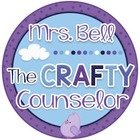 We handle relational aggression in a variety of ways. As a whole school intervention, we teach guidance lessons on friendship, bullying, kindness, and problem-solving skills. We role play situations and challenge students to solve them without hurting anyone’s feelings or making the issue worse.
We handle relational aggression in a variety of ways. As a whole school intervention, we teach guidance lessons on friendship, bullying, kindness, and problem-solving skills. We role play situations and challenge students to solve them without hurting anyone’s feelings or making the issue worse.
With students who need a little more help, we run small groups for about eight weeks to help solidify their understanding of the concepts. For students who are frequently involved in instances of relational aggression despite the whole group and small group lessons, we work with them one-on-one. We try to help get to the root of the issue. Then we role play and practice controlling themselves in a more direct setting.
– Mrs. Bell The Crafty Counselor
[su_divider top=”no” style=”double” divider_color=”#af1c1c” link_color=”#000000″] [su_divider top=”no” style=”dashed” divider_color=”#af1c1c” link_color=”#000000″][/su_divider]
Looking Deeper
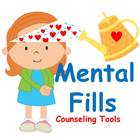 As everyone knows, working with girl drama is emotionally taxing. It is can be difficult to referee, quickly resolve, and becomes disruptive to our schedule. My least favorite part is when it opens old teenage wounds, making it even more challenging to be objective.
As everyone knows, working with girl drama is emotionally taxing. It is can be difficult to referee, quickly resolve, and becomes disruptive to our schedule. My least favorite part is when it opens old teenage wounds, making it even more challenging to be objective.
A popular strategy focusing on the different roles each person plays in relational aggression, (i.e., aggressor, the victim, and the bystander) is a helpful educational tool. But what this concept fails to address, which has positive impacts if recognized early on, is the actual underlying trigger to toxic behaviors. Strong feelings of jealousy, hurt, and fear of abandonment commonly ignite perceived rejection, which if disregarded long enough inflame into drama behaviors.
Providing a supportive environment where these vulnerable feelings may be identified, expressed, and validated plays more of an influence at regulating emotions and unhealthy behaviors than lecturing on interpersonal dynamics and social problem solutions alone. The bottom line is both rejection and perceived rejection hurts. The most impactful tool for aiding healing and combating drama is simply being present, empathizing, and validating one’s experience.
How do you help girls move on to healthier communication and manage unnecessary drama?

